Water Heater Service Timing Tips
Regular water heater service is essential for maintaining efficiency and extending the lifespan of the unit. The best time to schedule service depends on usage patterns, age of the unit, and seasonal considerations. Typically, early spring and late fall are ideal periods to perform maintenance before peak usage seasons. Proper timing ensures reliable hot water supply and prevents unexpected breakdowns.
Spring and fall are recommended for routine inspections and maintenance to prepare for increased usage during summer and winter.
Units over 8-12 years old should be serviced annually to prevent failures and improve efficiency.
High-demand households benefit from more frequent servicing to ensure consistent hot water supply.
Address problems like sediment buildup or inconsistent heating promptly to avoid major repairs.
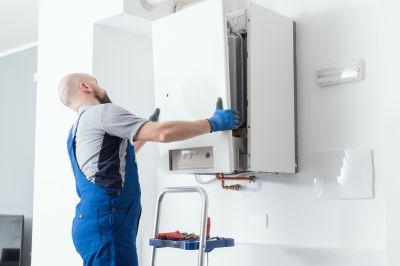
Routine visual and functional checks help identify potential issues early.
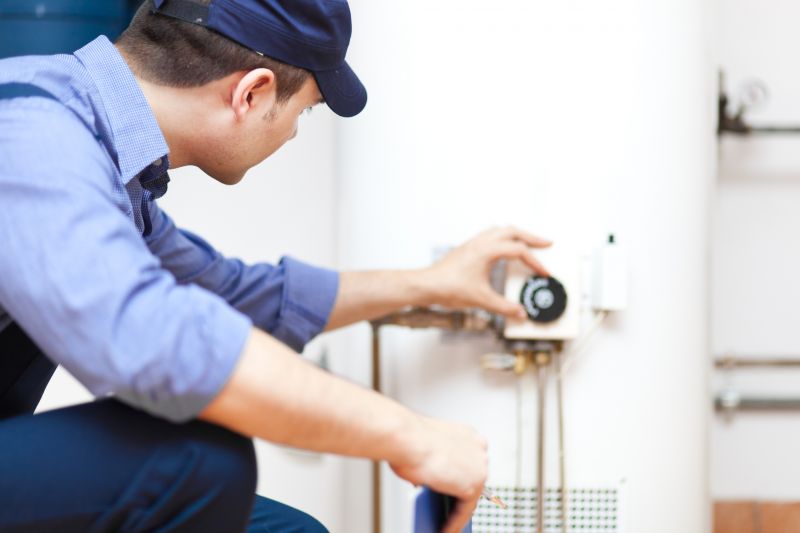
Removing sediment buildup improves efficiency and prolongs lifespan.
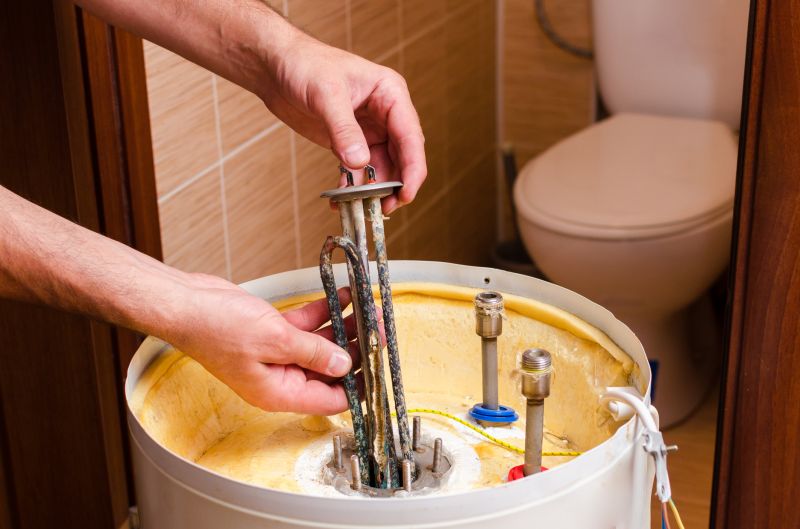
Replacing anode rods prevents corrosion and tank damage.

Proper thermostat settings optimize energy use and safety.
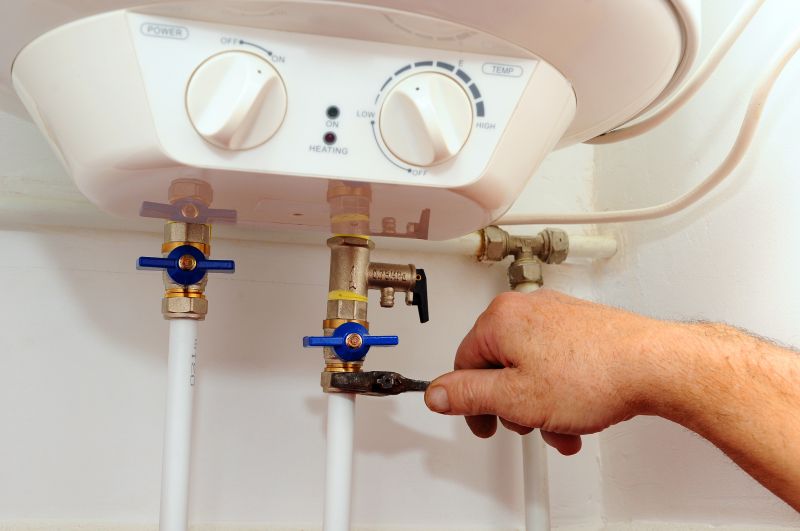
Ensures safety by preventing excess pressure buildup.
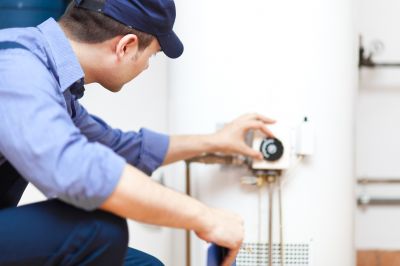
Early leak detection avoids water damage and costly repairs.
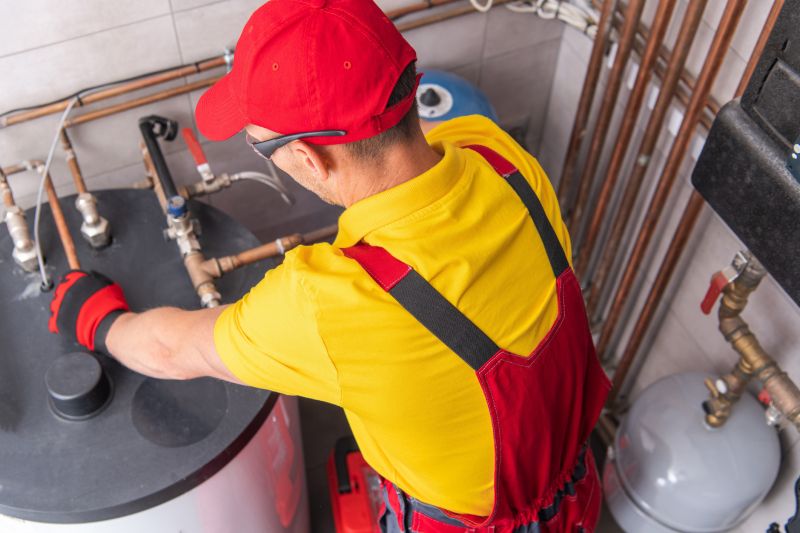
Flushing removes mineral deposits for better performance.

Proper insulation reduces heat loss and energy costs.
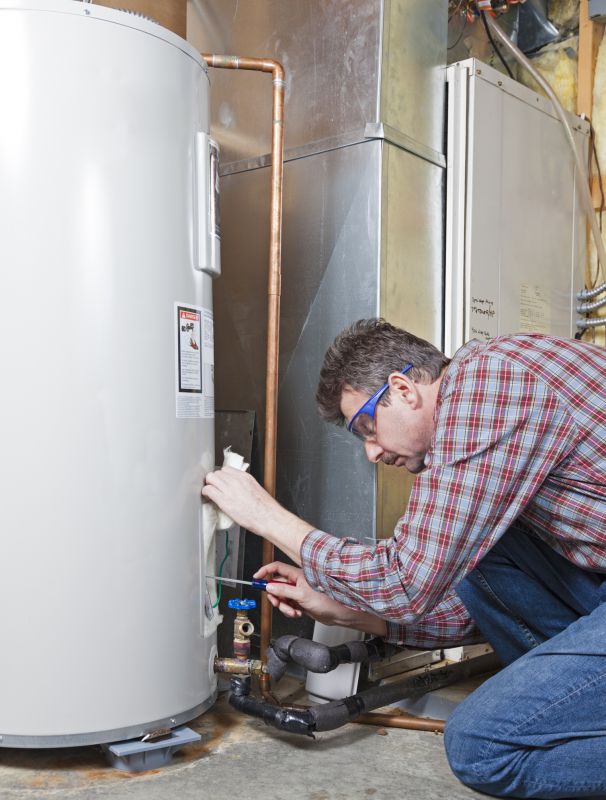
Regular checks prevent tank corrosion and extend lifespan.
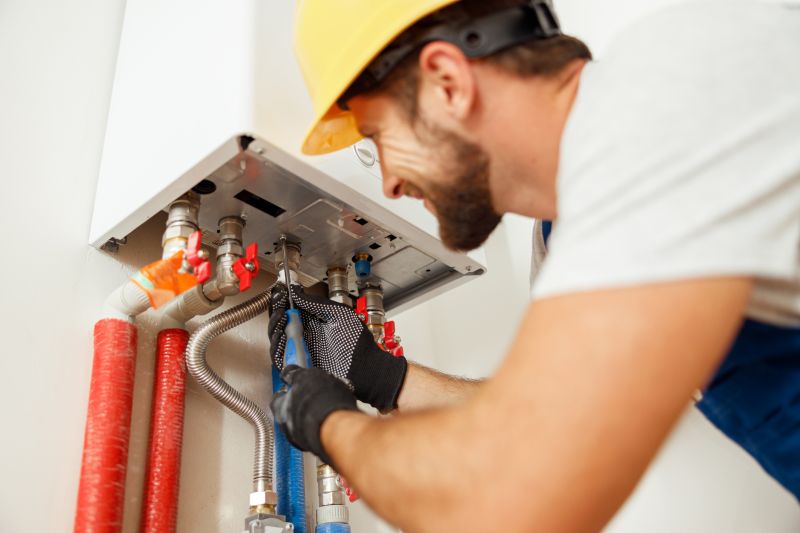
Testing heating elements and thermostats ensures reliable operation.
| Aspect | Best Time for Service |
|---|---|
| Seasonal Preparation | Spring and fall |
| Age of Unit | Annually after 8 years |
| High Usage Periods | Before winter and summer |
| Signs of Malfunction | Immediately upon noticing issues |
| Pre-Season Maintenance | Prior to peak demand seasons |
| Sediment Buildup | Spring cleaning |
| Efficiency Optimization | Early spring |
| Safety Checks | Fall before cold weather |
Water heater service involves a comprehensive set of procedures designed to ensure optimal operation and longevity. Regular maintenance can improve energy efficiency, reduce utility costs, and prevent unexpected failures. Sediment buildup, corrosion, and malfunctioning components are common issues that can be addressed through scheduled service. Statistics indicate that annual maintenance can extend the lifespan of a water heater by several years, saving costs over time.
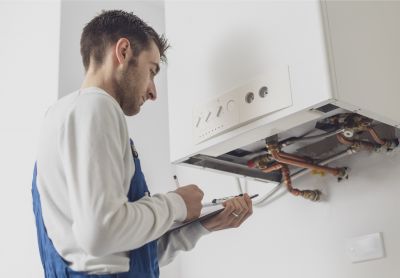
Routine service includes flushing, part inspections, and safety checks.
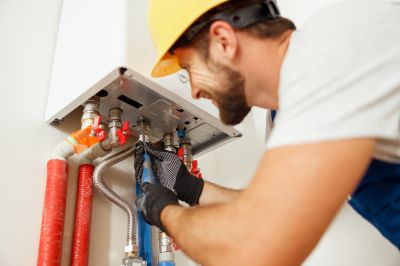
Removing mineral deposits enhances efficiency and prevents damage.
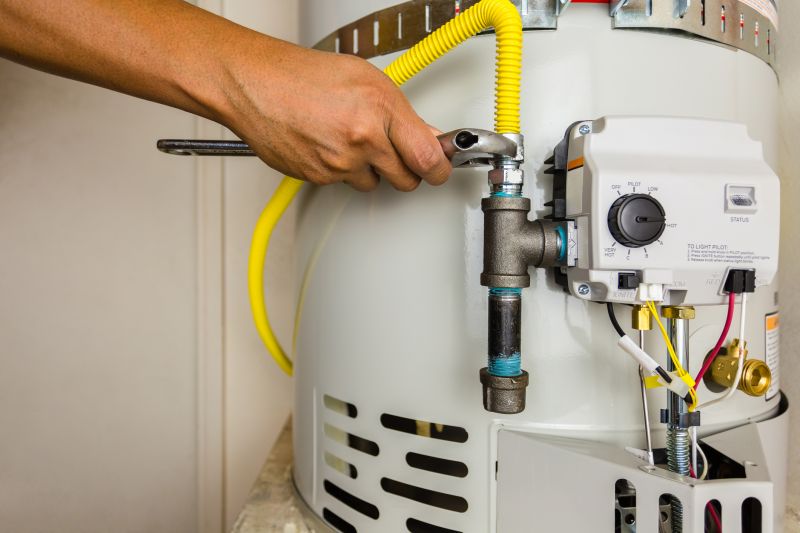
Replacing worn parts maintains reliable operation.

Ensures all components function correctly and safely.
Interested individuals are encouraged to contact for more information or to schedule water heater service. Proper timing and regular maintenance are key to ensuring reliable hot water and efficient operation. Filling out the contact form provides a convenient way to arrange professional service tailored to specific needs.

